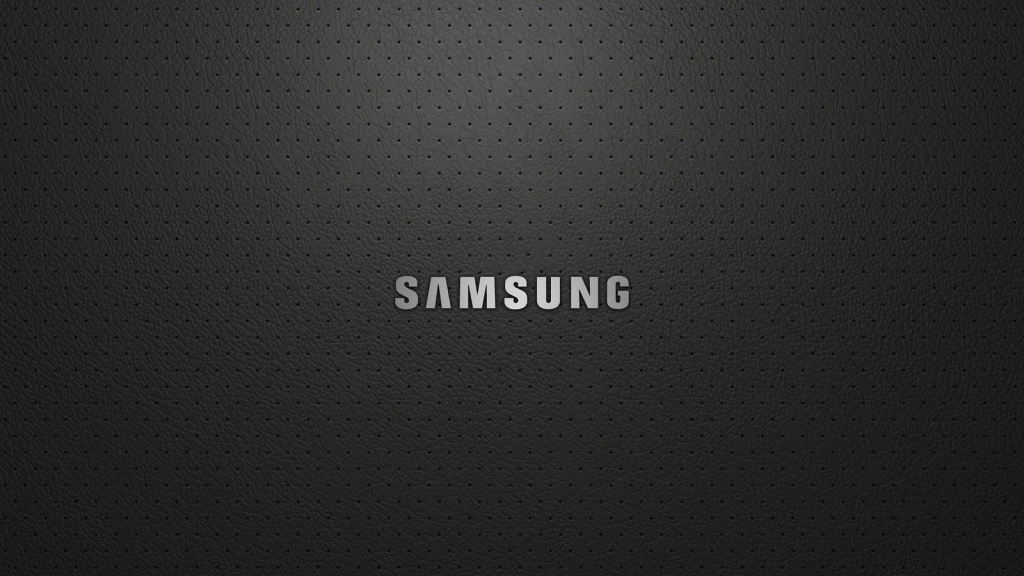Samsung Electronics Co.’s chip business leader warned that Korea’s largest company risked getting caught in a “vicious cycle” if it didn’t revamp its workplace culture, in an unusually harsh memo issued to employees months after taking the helm.
Jun Young-hyun, who ascended to the role after his predecessor allowed SK Hynix Inc. to take a big lead in AI memory chips, said his division’s recent turnaround was based largely on a market rebound. To sustain that recovery, Samsung must take steps to eradicate communication barriers between departments and stop “hiding or avoiding problems,” he said.
The executive’s communique reflects frustration over Samsung’s missteps in the hot new market of supplying memory chips for Nvidia Corp. AI accelerators. While the company this week reported its fastest pace of net income growth since 2010, Jun listed a litany of issues eroding Samsung’s long-term competitiveness.
“We need to rebuild the culture of fierce debate that is unique to semiconductors,” the 63-year-old engineer wrote in his brief memo. “If we rely on the market without restoring fundamental competitiveness, we will be stuck in a vicious cycle that will repeat last year’s situation.”
Still, the conglomerate is beginning to make progress in narrowing the gap with SK Hynix.
Samsung has made important headway in its comeback, including winning the long-awaited approval from Nvidia for a version of its high-bandwidth memory chips called HBM3. It also anticipates approval for the next generation, HBM3E, in two to four months.
It’s unusual — and humbling — for South Korea’s largest company to be playing catchup. Historically, Samsung has led the way in the market, capitalizing on its scale and engineering expertise.
“We are currently in a difficult situation,” Jun said. “With our accumulated research experience and know-how, we are confident that we will quickly regain our competitive edge.”



